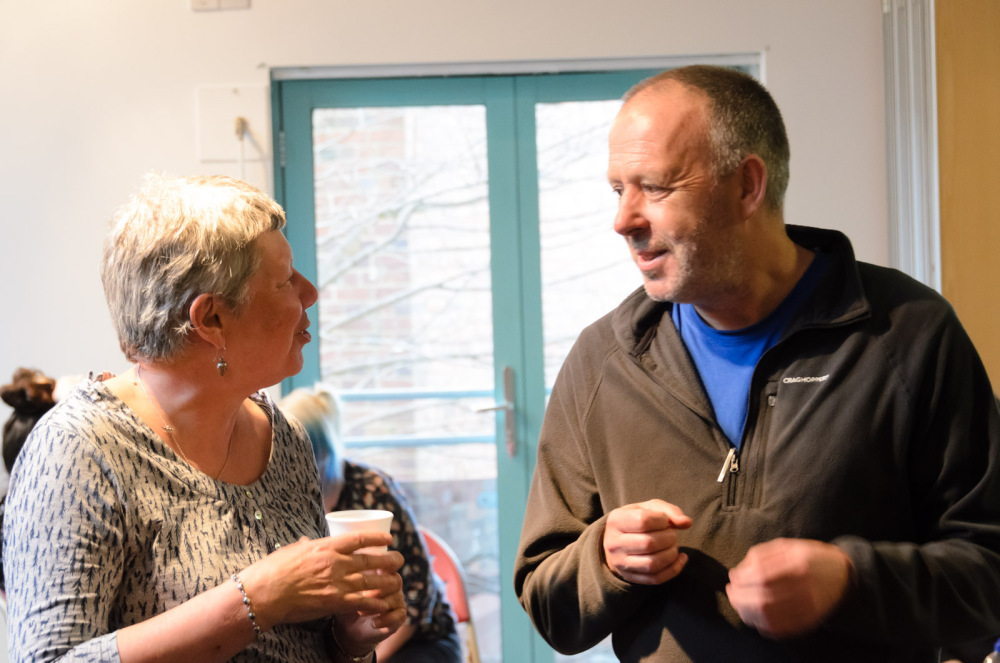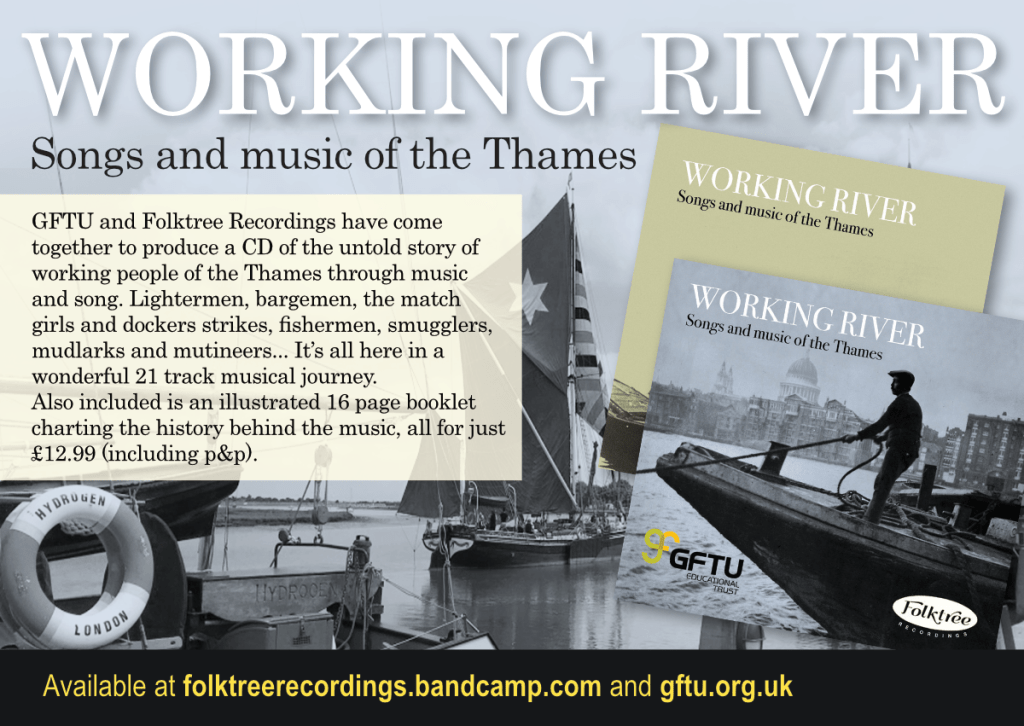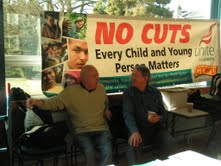
It was with great sadness that I learned from Tony Taylor’s fitting tribute of the passing of Malcolm Ball. I had known him since he joined the Community and Youth Workers’ Union in the early 1980s. My deepest condolences to his friends and family.
There were many things previous generations of youth workers had successfully achieved as a result of professional argument and trade union struggle. Their significance comes to mind when thinking of Malcolm.
The criteria for approving youth work training courses, largely determined originally by the union, meant that students were only admitted onto the courses over the age of 25 and only with one year’s worth of voluntary youth work experience.
This meant that the youth work workforce was composed of very committed individuals who not only had a background in practice, usually voluntary, then paid part time work, but also literally sacrificed previous careers and jobs to go away and get professionally qualified at university.
There were three other important aspects of the process that accompanied this. As an unwritten quid pro quo for having been given experience sufficient to enable them to enter training courses, and often local authority grants to study, qualified workers youth workers had a tendency to return to their communities for the benefit of future generations.
Many would spend their entire working lives serving the neighbourhoods they knew best. I remember going to a large local football match with one such worker and when they were spotted the entire stadium started to chant affectionately his nick name from the youth projects he was involved with. Tens of thousands of young people identified over generations with their youth workers.
Such a virtuous communal circle was enabled by a very key and unique section of the national pay grading structure under the JNC Report. This contained a central section that valued face to face work, that, ultimately if it was applied properly, valued face to face dialogue with young people over and above administrative and managerial duties. The more skilled and experienced a face to face worker, the more they could earn without necessarily having to climb the greasy pole of career advancement.
Malcolm dedicated his considerable youth work skills in his home community within Lewisham doing face to face work there for forty years.
There’s commitment for you. There’s a recognition of the importance of place and community. There’s a recognition that working with young people is infinitely interesting even if in a finite space. And, as the gig economy raised its ugly head more latterly, a recognition that skilled workers should not be nomads bouncing round like itinerants on the open market and had a right to work where they were born. Being able to live and work in your own community is a virtue. Doing so as part of a publicly funded service is even better.
For thirty years from when we first met, thanks to the struggles and campaigns fought, the Youth Service grew and played an essential role in educational and political progress. The best youth workers like Malcolm were without doubt some of the most sophisticated and pioneering educationalists. Progress and public funding permitted fierce ideological debates to rage in youth work on the best models of service delivery and practice as well as the priorities and appropriate forms of organisation of the youth workers’ trade union.
However, the marketisation of public services and education generally had become so intense that contracting out, privatisation and target driven management of delivery had created bizarre ways of working and had become such a threat to emancipatory practise, that the 2008 deliberate crash of the banks, enabled the Tories to argue for a scorched earth blast on public services an the ethics of the public sphere.
Within youth work this led in 2009 to the necessity of founding In Defence of Youth Work to create an uncompromising voice of advocacy for our special youth work intervention. Malcom was central to this development.
Then in October 2010 in the autumn budget, all that post war advance for youth work came to an end. The most odious myrmidon, the supercilious, amateur economist, the smirking snob, George Osborne, then Chancellor of the Exchequer wrote a foot note in the budget paper which paved the way for a full scale demolition of the youth service.
We’d never had it so bad.
Instantly services through the country faced not cuts, but extinction.
Also instantly some of the biggest and best ever campaigns led by young people emerged to save youth services throughout the country. We had to act fast and unite the whole sector. The traditional divides between voluntary and local authority sectors, between individualised practitioners and collectivised ones, between quasi state funded bodies and the more autonomous sector had to be broken down diplomatically and quickly.

We therefore organised Chooseyouth and brought people together in that most wonderful national rally in Solihull in 2011. Chooseyouth sought to unite the sector and Malcolm was one of the IDYW’s two representatives to our meetings which have continued for ten years. Uniting a disparate and traditionally sectarian and disputatious sector was no mean feat and needed constant attention. It also needed very careful tactical planning to have impact with no money and maintain unity. Malcolm helped no end with these vital elements of work.

True to form he nurtured young people in these struggles and recognising I was keen to promote young people not just at the leadership of the campaign, but within my own organisation, the General Federation of Trade Unions, he gently encouraged people to link up with us and indeed some play a continuing leadership role in the GFTU.
The plays, the speeches, the songs, the videos, the forceful campaigning, the effective representations, the parliamentary presence and the totally exceptional street presence and unprecedentedly massive petitioning by Chooseyouth in many areas will one day be written up by historians as some of the most important politics of our times revealing simultaneously the abandonment of the young by social policy and the power they have. Indeed the two were connected.

Youth work of the kind Malcolm and his tradition fosters is profoundly subversive of a system determined to crush human agency and democracy.
I recall a little saying I used to have in group work situations where I sensed some may be busting to say something but not feeling for whatever reason able to say it. I would jingle: ‘never leave anything up in your head/or it will be there when you’re dead.’
This never had to be said to Malcolm who always spoke his mind for empowering youth work practise, for trade unionism and above all for a socialist transformation. By speaking his mind he lives on through so many people and his purpose endures.
Doug Nicholls,
General Secretary,
General Federation of Trade Unions.


